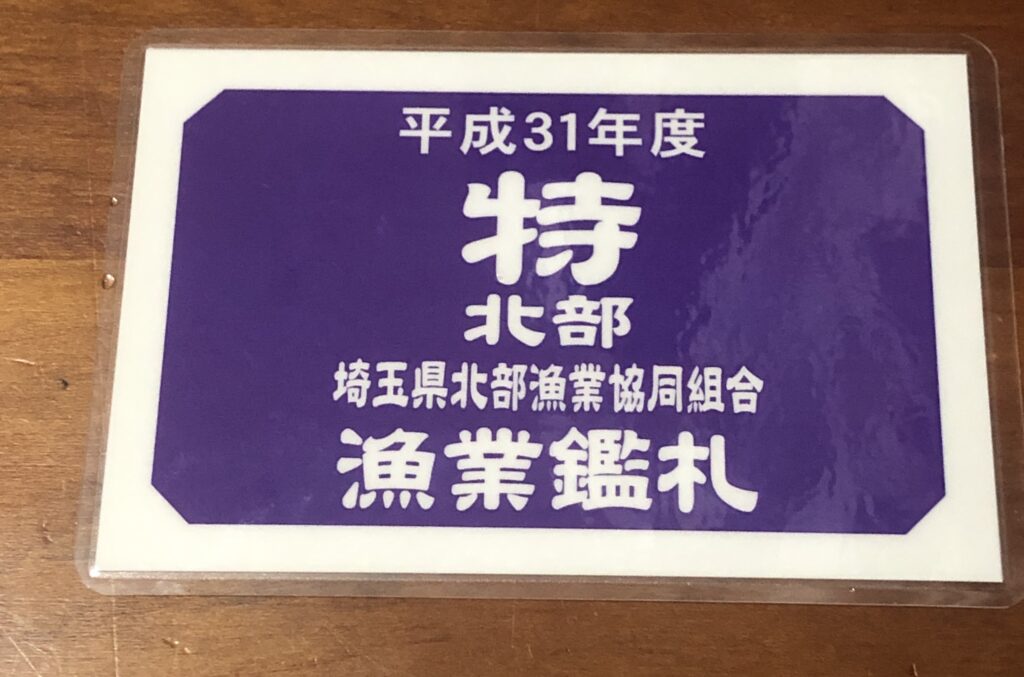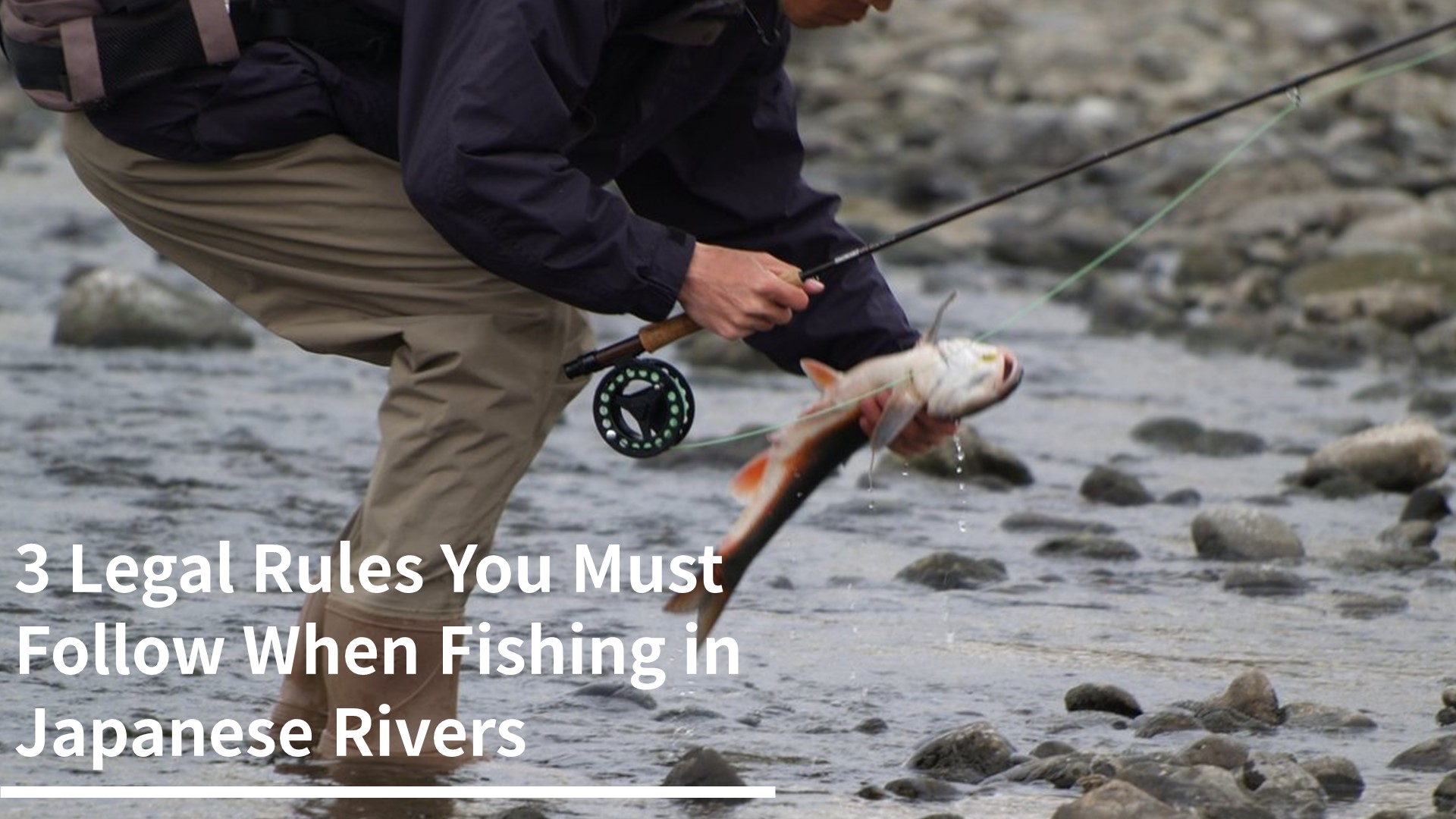In Japan, there are specific legal rules established for the protection of river resources. It is crucial for anyone planning to fish to be aware of and adhere to these regulations. Although the rules can be quite detailed, the following three are key for those engaging in rod fishing.
1. Closed Fishing Seasons
The closed seasons vary depending on the river, but generally, fishing is prohibited from October to February of the following year. This is to take into account the breeding seasons of the fish. The allowable fishing period in most rivers is from March to September.
2. Purchasing a Fishing ticket
In Japan, it is necessary to pay a management fee for fishing grounds, which serves as a contribution towards the upkeep of the fishing area. This fee can be paid by purchasing a fishing ticket either from a tackle shop near the river or through an online ticket purchasing site. In other countries, a licensing system often grants qualifications to individuals, demonstrating their understanding of fishing rules. However, in Japan, anyone can purchase these tickets.
The majority of the funds collected from ticket sales are used for fish stocking. This raises some questions for me regarding the conservation of natural fish populations. It’s important to note that the ticket purchase website is available only in Japanese.
Ticket Purchase Website: https://www.tsuritickets.com/

Annual fishing ticket for my area. This ticket allows net fishing in addition to rod fishing.
3. Prohibited Fishing Gear
Each prefecture in Japan has specific ordinances regarding the types of fishing gear that are not allowed. To be honest, the regulations are so detailed that even average Japanese individuals may find them difficult to understand, and the terminology is often outdated. Some of the rules even cover fishing methods that no longer exist. For rod fishing, it is generally sufficient to be aware of the fishing license purchase requirement and adhere to the closed fishing seasons.
Needless to say, following these rules is vital for preserving the natural environment of Japan’s rivers. However, from my perspective as someone who regularly works with rivers and fish, many of these rules seem outdated. The current concepts of resource management might not align with modern thinking. I’m curious about how these rules appear from an international perspective.
In that regard, I do wish people could experience fishing in Japan’s rivers. While the rules themselves can be complex, and information is often only available in Japanese, I hope this site can offer some assistance.




コメント